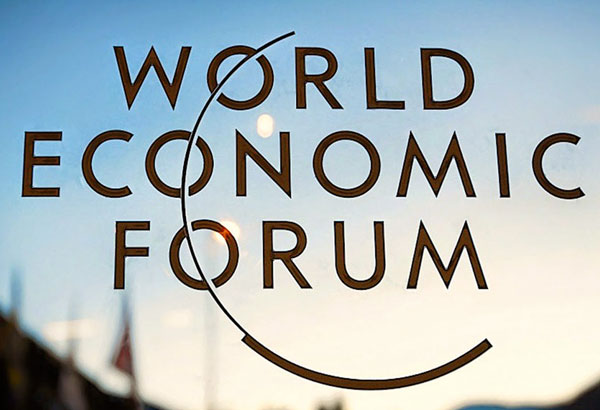Business groups urge gov’t to resolve aviation woes
February 16, 2017 at 16:03
Business groups urge gov’t to resolve aviation woes

The policy brief stressed the poor state of the country’s air transport infrastructure, citing results of the World Economic Forum (WEF) Global Competitiveness report 2016-2017 released last year wherein the Philippines ranked 5th out of nine ASEAN economies in terms of air connectivity. File photo
MANILA, Philippines – Business groups and the Joint Foreign Chambers (JFC) are urging the government to take immediate action to resolve the country’s air transport woes for the industry to take off and enjoy its benefits in the process.
In a policy brief on the air transport infrastructure unveiled by the groups and the JFC yesterday, congestion and institutional environment were cited as the two biggest constraints in the country’s air transport growth.
The policy brief stressed the poor state of the country’s air transport infrastructure, citing results of the World Economic Forum (WEF) Global Competitiveness report 2016-2017 released last year wherein the Philippines ranked 5th out of nine ASEAN economies in terms of air connectivity.
In the WEF report, the country also received lower rankings in terms of quality of overall infrastructure and quality of air transport infrastructure compared with the results in the previous year’s report.
The score the country received for the quality of its air transport infrastructure in the WEF report was the lowest across ASEAN economies.
“The poor state of infrastructure – airports, air traffic management and institutions – has hindered the ability of the country’s hard and soft players to capitalize on growth opportunities and most importantly of consumers to enjoy safe, seamless and secure travel,” the policy brief, authored by Maria Cherry Lyn Rodolfo, stated.
The policy brief noted the country’s premier airport, the Ninoy Aquino International Airport (NAIA), is congested because the demand for the airport’s facilities – terminal and runway – is greater than the airport’s current capacity.
“In the case of the Philippines, there is a need to provide greater coherence and convergence among entities undertaking airport development and their implementation, and to separate regulatory and developmental functions which are currently in singular entities. The first imperative affects adequacy of infrastructure, the second is paramount for safety,” it added.
Phl eyes more airports
The government is considering adding airports to serve Manila and nearby areas, including a sprawling airport city complex that could handle 100 million passengers a year.
Manila’s congested international airport once was dubbed the world’s worst airport in surveys by travel website The Guide to Sleeping in Airports.
Improvements have allowed it to escape that listing since 2015, but it remains overly congested.
Transport Undersecretary Roberto Lim said a multi-airport system could include the present airport in Manila, an expanded Clark airport northwest of the capital that could handle 8 million passengers per year, another 2,500-hectare airport in Bulacan and possibly yet another airport and seaport in the former US naval station in Cavite adjacent to Manila. – With AP

















